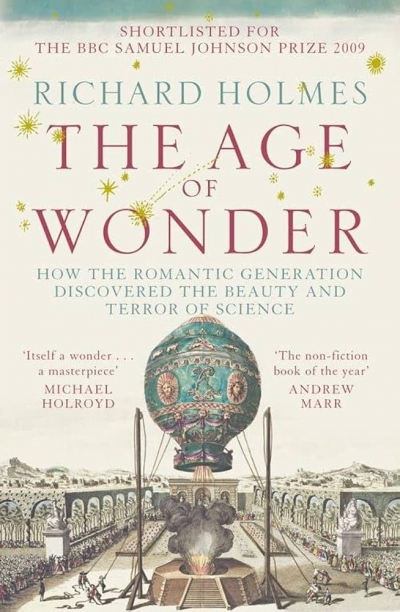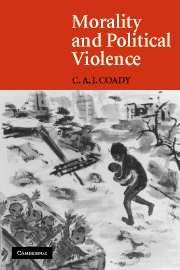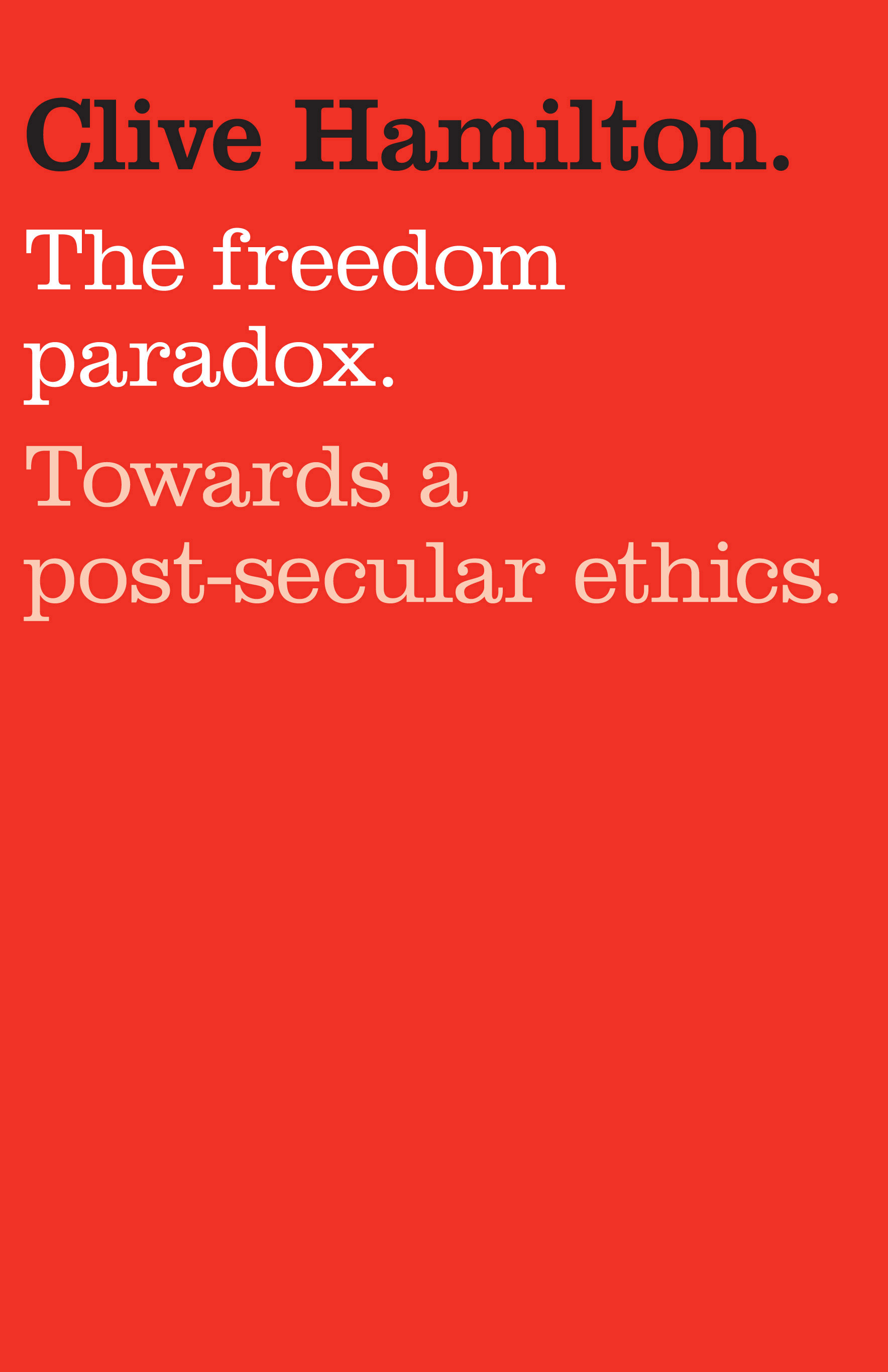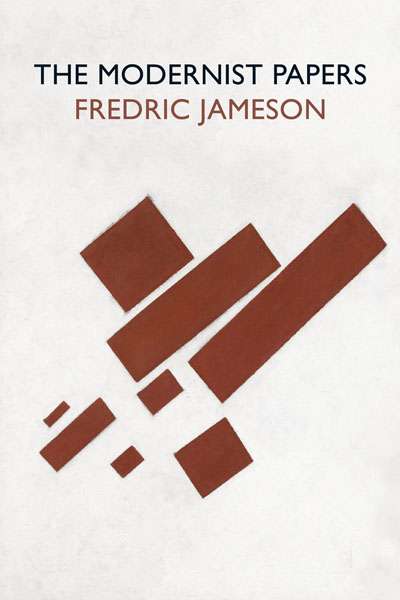Philosophy
The design of this book is something of a mystery, not least because it presents as a critique of design, seeking to recuperate something that has been lost through ‘the graphic orthodoxies of cartography and architectural drawing’. This lost cultural component, the ‘dark writing’ of Carter’s title, is variously evoked as mythological, participatory, creative and recreative, as a body, a form of movement, a certain kind of substance.
... (read more)Birdscapes: Birds in our imagination and experience by Jeremy Mynott
Jeremy Mynott begins his capacious and disarming new book with a dedication to his wife, the author Dianne Speakman. ‘In all our twenty-five or so years together,’ he writes, ‘I have never yet succeeded in persuading her to take the slightest interest in birds. This is my best and last shot.’ Any ornithophile knows this feeling: the regret that his sense of wonderment remains for the most part private, something that others regard as slightly weird or ridiculous.
... (read more)Trouble With Strangers: A study of ethics by Terry Eagleton
Terry Eagleton has been widely hailed as Britain’s most important contemporary literary critic. He is surely that, and a great deal more besides.
Marxist maverick, cultural theorist, budding novelist and playwright, he was for many years the Thomas Warton Professor of English Literature at Oxford University. Having traded Oxford for the University of Manchester in the early 2000s, Eagleton has roamed the globe over recent years, speaking on such lofty topics as postmodernism, deconstruction, and Lacanian psychoanalysis.
... (read more)The Life You Can Save: Acting now to end world poverty by Peter Singer
On your way to work, you pass a small pond. On hot days, children sometimes play in the pond, which is only about knee deep. The weather’s cool today, though, and it’s early in the morning, so you are surprised to see a child splashing about in the pond. As you get closer you see that it is a very young child, just a toddler, who is flailing about, unable to stay upright or walk out of the pond ... If you don’t wade in and pull him out, he seems likely to drown. Wading in is easy and safe, but you will ruin the new shoes you bought only a few days ago, and get your suit wet and muddy ... What should you do?
... (read more)The Age Of Wonder: How the romantic generation discovered the beauty and terror of science by Richard Holmes
‘Let’s get this death thing straight’, declares Julian Barnes in his recently published memoir-cum-meditation Nothing to Be Frightened Of. He sets out to confront mortality, the titular ‘nothing’, but manages only to peer at it through parted fingers. He takes short peeks, which calls to mind the title of his death-haunted novel Staring at the Sun (1986).
... (read more)... (read more)War, on a sudden, and at one stroke, overwhelms, extinguishes, abolishes, whatever is cheerful, whatever is happy and beautiful, and pours a foul torrent of disasters on the life of mortals – no sooner does the storm of war begin to lower, than what a deluge of miseries and misfortune seizes, inundates, and overwhelms all things within the sphere of its action! The flock are scattered, the harvest trampled, the husband-man butchered, villas and villages burnt – cities and states, that have been ages rising to their flourishing state, subverted by the fury of one tempest, the storm of war. So much easier is the task of doing harm than of doing good; of destroying than of building!
The Freedom Paradox: Towards a post-secular ethics by Clive Hamilton
Any summary of Clive Hamilton’s contributions to public debate thus far would focus on two themes: his savage criticism of modern society and its ‘fetish for growth’; and his rejection of contemporary politics, in particular the theory and practice of social democracy. He sees the implicit faith in growth and markets, and the avoidance of a realistic analysis of power, combining to ensure that modern politics is ineffective in tackling the causes and consequences of the contemporary epidemic of unhappiness.
... (read more)‘This book is a celebration of art that doubles as a critique of religion,’ writes Peter Conrad in the introduction to this enormous book. Neither aim is especially unusual, but their ambitious fusion here creates a questing mesh of narratives, huge in scope, in which architecture, music, literature, drama, motion pictures, poetry and philosophy in many schools and eras are gathered under the sprawling rubric of art, and no religious tradition is excluded. At times it feels as if you are reading a book about everything, and its restlessness carries you through thirty-three extremely solid, occasionally indigestible chapters, beginning with Mary Shelley’s Frankenstein.
... (read more)Though by profession a scholar of literature with a specialism in French literature, Fredric Jameson (born 1934) has made his mark as a cultural historian and even as what used to be called an historian of ideas. His chef d'oeuvre, Postmodernism, or, The Cultural Logic of Late Capitalism (1991), provides one of the more persuasive cognitive maps we have of ...











